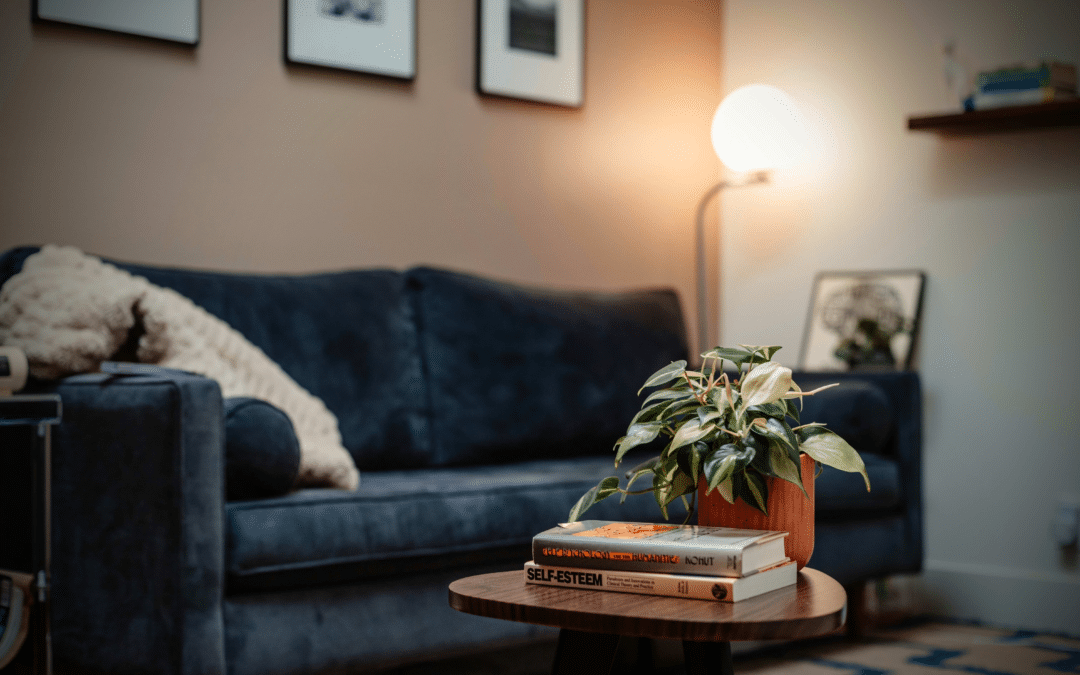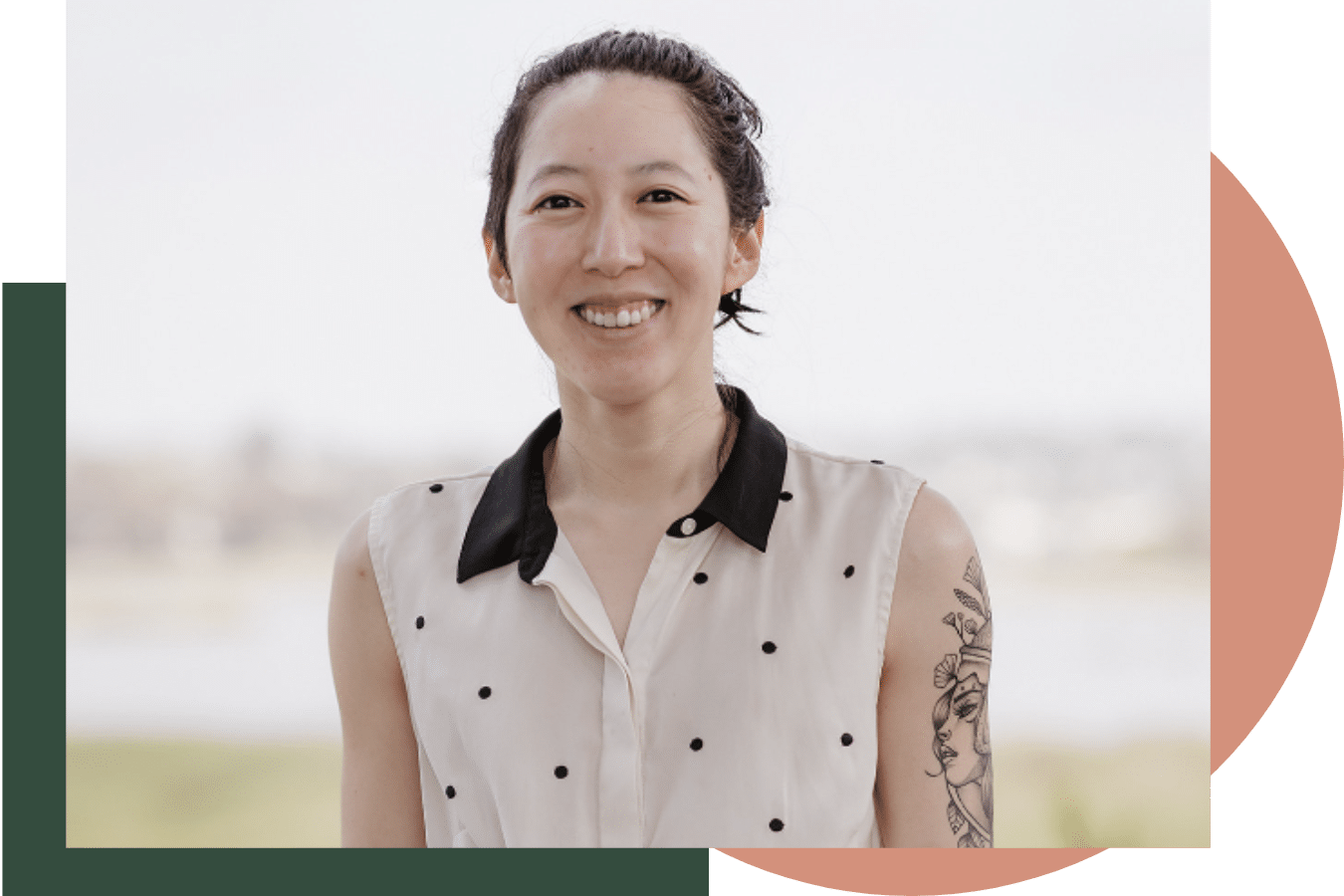Have you ever become frustrated with loved ones for seemingly refusing to take your advice even though they seem bring up the same problems to you over and over again? Now I want to challenge you to think about how often your loved ones specifically asked you for advice when they have shared their suffering with you. Sitting with pain is hard. We want to rescue or provide relief whatever way we can because we do not like to watch our loved ones suffer. So we try our best to come up with good advice that we have found helpful and hope that our loved ones follow through to find the same relief. Problem solved, right?
When Providing a Solution Is Not the Answer
There is a flip side to advice giving. I think about people that I know who are struggling with depression or chronic pain. It may be easy for us provide suggestions to what can better their lives. “Have you tried working out? It did wonders for me (or my friend, or family member, or that random person we randomly read about that one time)” “Have you tried…(insert here)?” These suggestions come from a place of wanting to help and support, but it can also communicate to a loved one that they have not done enough to pull themselves out of their pain, that there is a cure to their suffering and they just have to try harder to find it. Sometimes this can cause our loved ones to feel like they cannot share about how they still feel stuck up Schitt’s Creek because you might feel frustrated or exasperated by their stuckness.
Understanding Your Motive Behind Advice Giving
Even as a therapist, when sitting across the room from a client who feels hopeless in their suffering, I, too, find myself making suggestions or asking if they have considered this, that, and the other. Sometimes I find myself offering so many suggestions in succession that I find myself getting overwhelmed and wonder, what am I doing? I am feeling helpless along with my client and giving advice is my attempt to flee from that icky sense of impotence and helplessness. Simply put, if my client feels better, then I’ll feel better and I won’t have to feel helpless in my ability to help them. However, I could throw all the suggestions in the world at them and the fact is my client is still suffering. When I feel like I do not have something to offer, I feel powerless, but I have to realize that is probably how my client is feeling right now. They are feeling powerless, helpless, and they are in pain. The hard truth is sometimes there is no simple solution to a problem. Sometimes we don’t have the answers. Sometimes there is nothing we can do to make things better. AND IT SUCKS! It feels horrible to feel like you have nothing to offer. You feel ineffective. You feel like you need to be doing something more.
So What Can We Do?
Well, I think you can start by being there and listening. Since when have listening and empathizing been considered nothing? It’s more than something and it can be powerful. Be there and listen. It communicates that their pain is not too much and you are here to be with them in their pain even though you cannot just take it all away. I am here. I am listening. I am still here.
With that said, I want to iterate that this does not mean advice giving is bad or wrong. Not at all. Advice can be helpful and the receiver can benefit from solid, thoughtful advice. It’s when there is no space for sharing in the pain in which advice giving can come across as dismissive. Perhaps the answer is to provide room for advice and suggestions as well as space to empathize with the helplessness and the pain. And if you don’t have advice to give? Just be there. It will mean a lot.
Dr. Jean Jho is a Licensed Clinical Psychologist (PSY30433) in Carlsbad, CA. She specializes in working through depression, anxiety, and trauma in adults of all ages.
Dr. Jho is currently accepting new clients locally in her office in Carlsbad, or via video conferencing to people throughout the state of California.
Coastal Therapy Group
Helping people feel better & live well.


